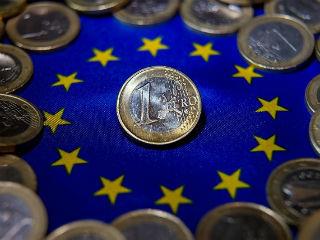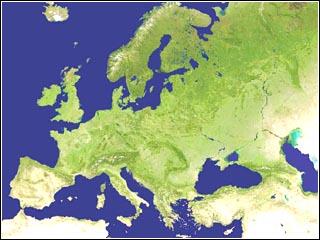By Antonis Zairis
A thorough reading to economic indicators offers a temporary relief that emerges from the following data: in the second quarter of 2018, private consumption rose to +1 % from 0 % in the first quarter, employment increased in the first half of 2018 +1,6 % from +1,2 % in 2017.
The improvement in business expectations contributed to the development of economic climate, which ranged to 105,2 points in August in relation to 99,2 observed in August 2017 (according to the latest data in September, there was a slight deterioration to 101,3 mainly due to the worsening expectations in industry that affected Europe as well.
Moreover,
consumer confidence in August was at -47,8 points, while in September it was
further improved to -44,9 points based on household’s estimates and optimism
but also on the overall economic climate. While the volume of retail sales for
the first half 2018 rose to +1,9 % (plus +2,4 % in 2017), and in June to +2 % (plus
+4 % in June 2017). In addition, July reached 106,4 billion euros against 99,8
billion in July 2017, while the increase in deposits for the 7th
consecutive month +764 million euros, reinforces the view on improving the
financial conditions in the economy.
However, with
deeper analysis the coordinates of this reading are less discouraging and more
disappointing as the government celebrates the exit of memorandum while our
country does not still have a strong production basis and the extroversion in
order to become a normal European country.
From the
beginnings of 2018 until today, the exports rose approximately to 13 billion
euros, while the imports to 22 billion euros respectively, with the trade
shortage to be an intractable problem, reaching 9 billion euros. For example,
the level of export growth for July represents 11% in value and 9% in volume
and was offset for the same month by the simultaneous increase of imports (11%).
As a result, the trade deficit increased (in June reached 1, 5 bps).
Furthermore,
the country doesn’t have an export-oriented strategy for specific products and
markets of high value, which will be well-resisted in the competitive pressures
of other products on international markets. High priority industries for the Greek
economy, such as logistics, tourism, shipping, smart products, software
applications and gambling have to overcome the obstacles of the Greek
bureaucracy, being fully activated into the global market.
On the
other hand, investments cannot present any improvement without effort because
we exited from the memorandums without the existence of serious Foreign
Investment Funds (FIF) in order to be synchronized with the saving rate of the
economy, which remains weak at 11 % of GDP (while in other EU countries the
figure reached 20% of GDP).
It is
clearly illustrated that domestic investments are not enough as they are not
covered by domestic savings. Consequently, the only solution is foreign
capitals and the extroverted strategy to diminish the savings investment gap
and avoid the worsening of the current account deficit.
Nevertheless,
growth rates remain staggering for the first half of 2018 to 2,2% compared with
1,4%
in 2017. For instance, housing and
private consumption remains problematic due to the difficulty that is observed
in the real economy.
After the end
of the third memorandum, the country will necessarily and openly expose itself
to the challenges of international markets, which will affect its future. What
we need is vigilance and not complacency, because in the end private debt,
indebted businesses, employment, productivity, bank restructuring, savings,
exports, investments will become a true nightmare and a constant concern in our
daily life from now on.




 By: N. Peter Kramer
By: N. Peter Kramer
